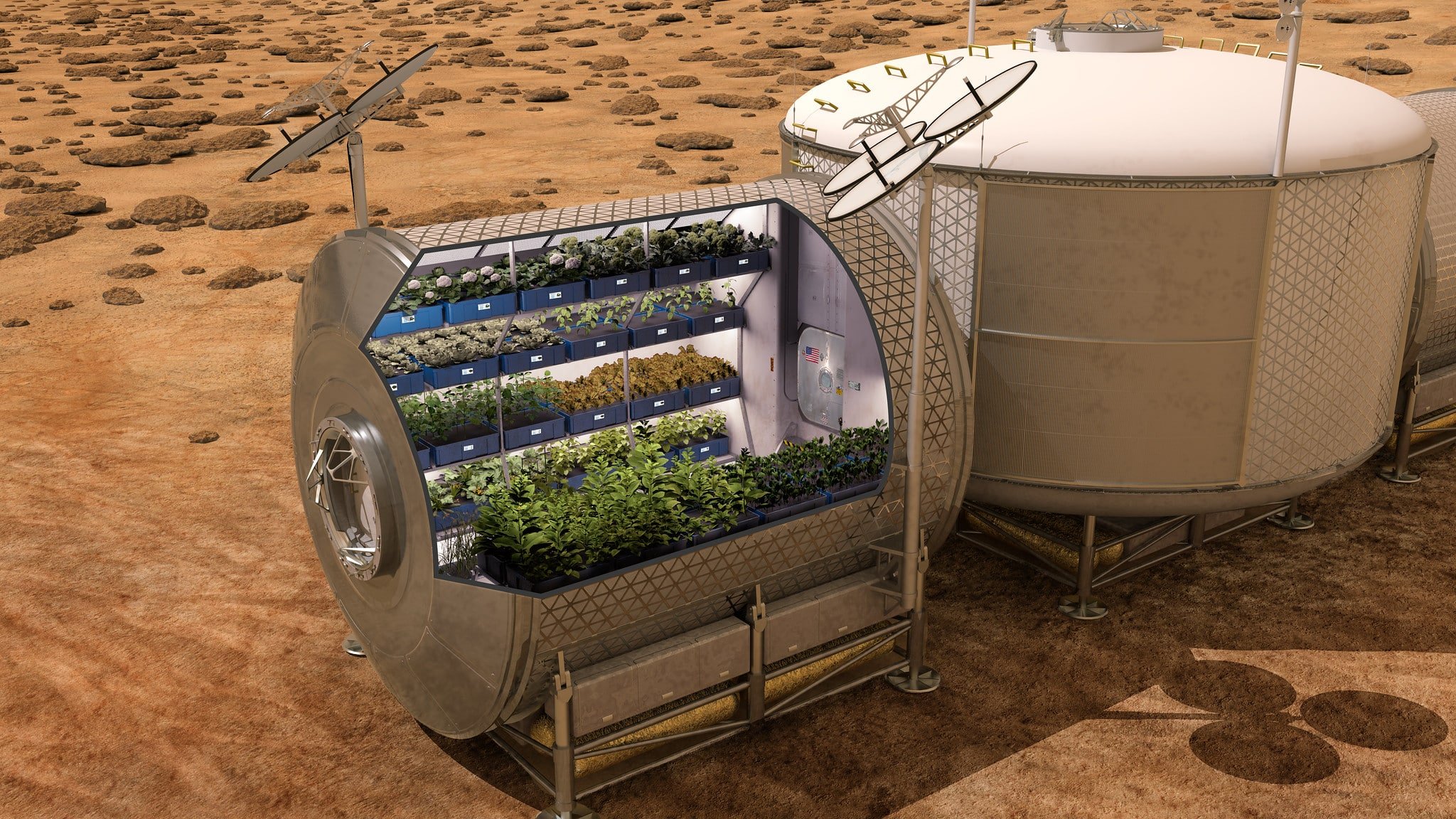

Frontier Space has launched a fully automated lab into orbit to explore whether food production is possible beyond Earth.
The mission, part of a European Space Agency project, aims to tackle one of the biggest challenges in long-distance space travel: sustainable food supply.
The lab, carrying three experiments, lifted off on April 21 aboard a SpaceX Falcon 9 rocket. It traveled inside a re-entry capsule built by German startup ATMOS Space Cargo.
Frontier Space specializes in developing biotechnology systems for space environments. Its main product, SpaceLab, is a compact, flexible platform designed to produce valuable biological materials, including food and medicines, in orbit.
For this mission, the company deployed a smaller device called an Early Gen micro-Gravity Service, or EGGS, payload. CEO Aqeel Shamsul stated the payload was specially designed for this early-stage project and will test critical parts of the SpaceLab system, including its miniature liquid handling and imaging tools.
Shamsul said the mission represents an important milestone for advancing the company’s space manufacturing technology.
One of the three experiments on board comes from Imperial College London. Researchers sent biological samples into orbit to study how they behave in microgravity and plan to analyze them after their return to Earth.
Scientists may soon be able to grow their own food, fuel and medicines in space on long journeys like those to Mars. With funding from the Bezos Earth Fund, Imperial College London is investigating how food can be produced in space pic.twitter.com/Euv5XruNNn
— Reuters Asia (@ReutersAsia) April 22, 2025
Scientists at Imperial College have already developed a method called precision fermentation to create food from yeast on Earth. This experiment will test whether the same process can work in space and reveal any challenges that could impact food production far from Earth.
If successful, the project could allow astronauts to manufacture their food and supplies during missions in the space lab, reducing the need for costly shipments from Earth.
Sending food, medicine, fuel, and bioplastics into orbit is extremely expensive. Food alone can cost up to £20,000 ($26,000 US) per astronaut aboard the International Space Station daily. Finding ways to produce these materials in space would help support future crewed missions to distant destinations and create off-world factories.
Dr. Rodrigo Ledesma-Amaro of Imperial College’s Department of Bioengineering said producing essential supplies from a small number of cultivated cells could make deep space exploration more practical.
“We dream about a future where humanity heads off into the dark expanses of space,” he said. “But carrying enough to feed ourselves on the journey and at our destination would be unimaginable in cost and weight.”
Frontier Space, founded in 2021, began as a research initiative at Cranfield University. Today, its work is a major success story for university-driven innovation.
David Cullen, Professor of Astrobiology and Space Biotechnology at Cranfield, said the company’s progress shows the real-world impact of the university’s BAMMsat program.
“It’s rewarding to see technology developed under Cranfield’s BAMMsat program transition to commercialization, with significant potential across many applications,” Cullen said.
Experts believe efforts like these could open new possibilities for using space environments to advance research and production across multiple industries.
